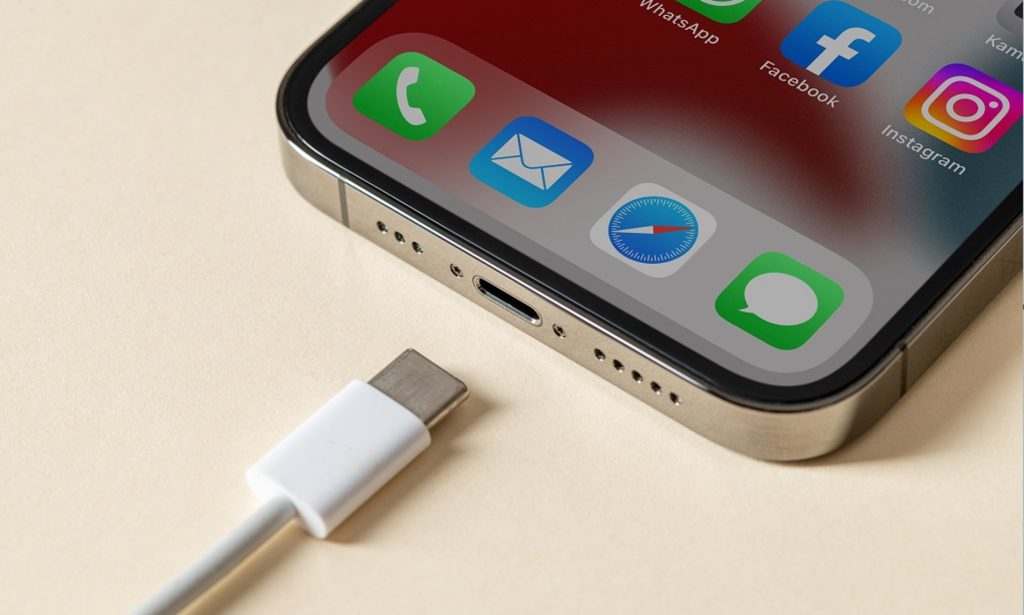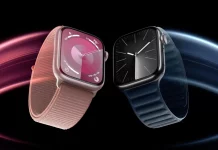The European Union (EU) has warned Apple that it cannot limit the functionality of uncertified USB-C cables connected to its upcoming iPhone 15 models, which are expected to be equipped with a USB-C port. This comes after rumors surfaced that Apple may be planning to restrict charging speeds and other features of USB-C cables that are not certified under its “Made for iPhone” (MFi) program.

The EU passed legislation last year requiring that devices with wired charging, including the iPhone, must have a USB-C port in order to be sold in the region. While Apple has until December 2024 to adhere to the law, it is expected to make the switch from Lightning to USB-C with the iPhone 15 models later this year.
The report suggests that an authentication chip would be included in the USB-C port on the iPhone 15 models, which would confirm the authenticity of the USB-C cable connected. This chip would ensure that MFi-certified chargers would have optimized fast charging performance.
EU seeks to ensure consumer choice in third-party accessory market amid reports of Apple’s plan to restrict USB-C cables
In response to the rumor of Apple’s plan to limit the functionality of uncertified USB-C cables, European Commissioner Thierry Breton has sent a letter warning Apple that such actions would not be permitted and would prevent iPhones from being sold in the EU when the law goes into effect. The EU intends to publish a guide to ensure a “uniform interpretation” of the legislation by the third quarter of this year.
It is important to note that Apple potentially limiting the functionality of uncertified USB-C cables connected to iPhone 15 models is only a rumor at this point. Nonetheless, it raises concerns among consumers and industry watchers about potential limitations on third-party accessories and the impact on consumer choice.
If Apple moves forward with this alleged plan, it could have significant implications for the third-party accessory market, which is a key component of the Apple ecosystem. Consumers may face limited options and higher prices, and it could also create further barriers for small accessory makers trying to enter the market.
Overall, the EU’s warning to Apple serves as a reminder that companies must adhere to the legislation and regulations set forth by governing bodies. It also highlights the importance of promoting an open and competitive market for consumers, including allowing third-party accessories to function properly with devices.
RELATED:
- Apple’s iOS 17 will reportedly allow third-party app downloads outside of App Store
- Apple Arcade Gets 20 New Games Including TMNT Splintered Fate, Cityscapes, and More
- Apple iPhones average selling price nearly hits an exorbitant $1,000
- Best Compact Travel Routers in 2023 – TP-Link, Netgear & More
(Via)







